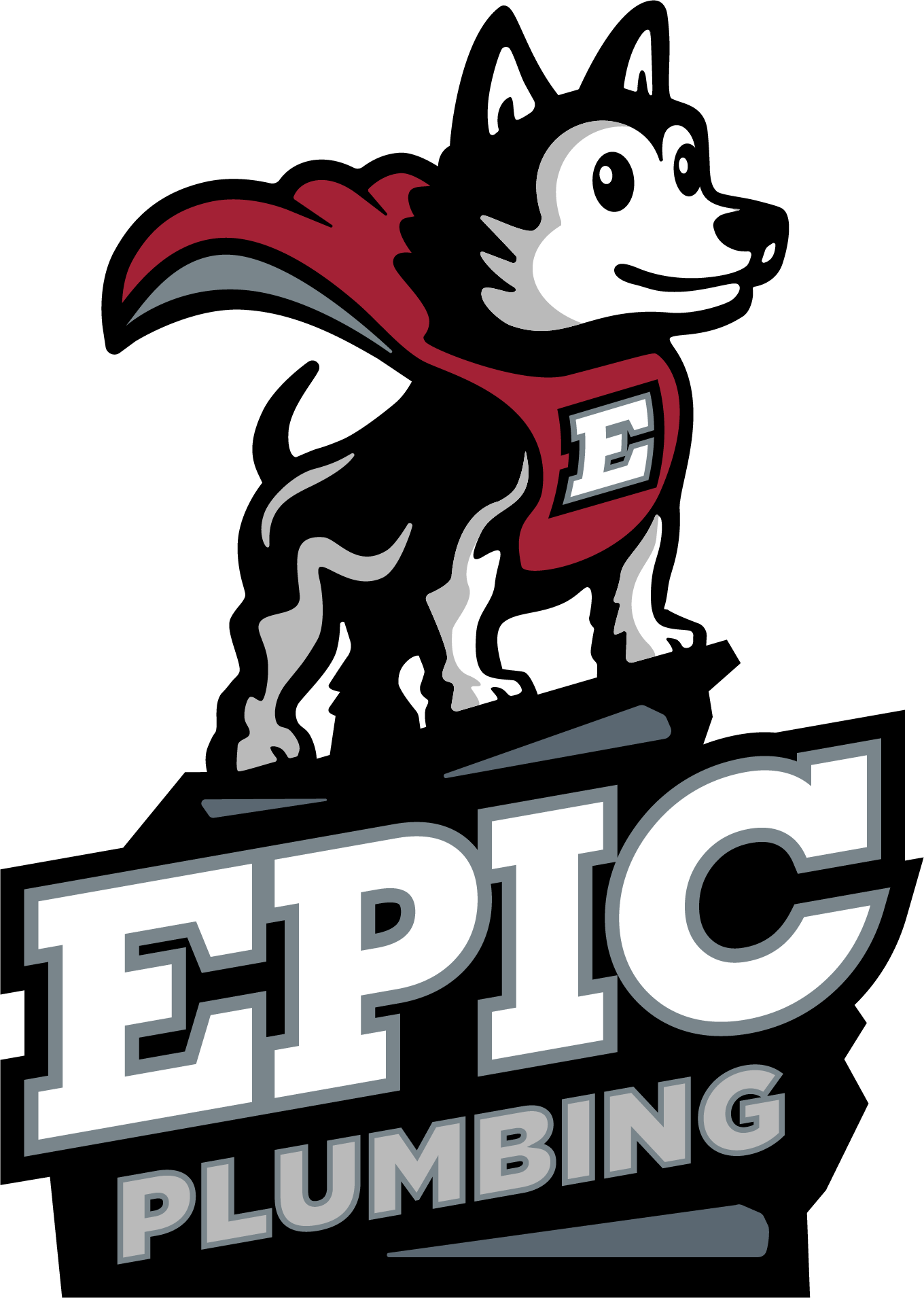PRACTICAL WATER LEAK DETECTION INFORMATION
Most household water damage comes from water leaks, which are sometimes slow and sustained over time. People seem to associate water damage with flooding, but these water leaks can often cause similar damage.
The issue with water leaks is sometimes you aren’t even aware that you have them because there isn’t evidence of pooling water.
As there is much is at stake, every homeowner needs to know at least a little bit about water leak detection.
Signs That I Have a Leak
So if some leaks are “silent,” how can you hunt them down?
Some signals that you might have a leak are:
an increase in your water bills that you can’t explain
your water meter continues to be active even when you’ve turned off the faucets
a musty odor
low water pressure
damp or cold/hot to the touch spots on the walls, ceiling, or floors
mold growth
The most common causes leaks in your home are:
corroded pipes
faulty connector hoses on your washing machine
a leaky toilet
dishwasher leaks
loose caulk around your bathtub or shower
leaky joints on pipes
To determine the source of the leak, investigate these areas first. It can help the plumber fix the problem more quickly and reduce damage.
You Can Prevent Leaks
Like with other things in your home, you can avoid a lot of problems and additional expenses simply by doing preventative maintenance. Pull out your appliances regularly to make sure that water isn’t pooling beneath.
Wipeout cabinetry under sinks to check for moisture. Inspect your water heater regularly for moisture or corrosion and drain it every few months to about a third to rid of sediment.
If you have aging pipes, get them inspected regularly. It’s not a bad plan to upgrade your pipe material to durable PVC if they are made of something else.
Test your toilet with food coloring by putting food dye in the tank and checking to see if the color makes its way into the bowl, indicating a leak.
The Real Impact of Water Damage
Water leaks can do an awful lot more than ruin your belongings. A seemingly small amount of water can wreak total havoc on your home.
If your home’s structure gets wet, it can warp and shift, impacting the safety and structural integrity of your home. Wet wood is the perfect breeding ground for termites, which is a whole other problem.
Perhaps the biggest issue with water damage is the growth of mold. Mold is dangerous for your family to inhale. It only takes about 24-48 hours for mold to start growing after water contacts your carpet or walls, so act quickly.
Mold is one of the more serious byproducts of a water leak and should not be taken lightly.
If you're concerned about a potential water leak in your Clear Lake home, our qualified plumbers are only a phone call away: (281) 815-2322.


